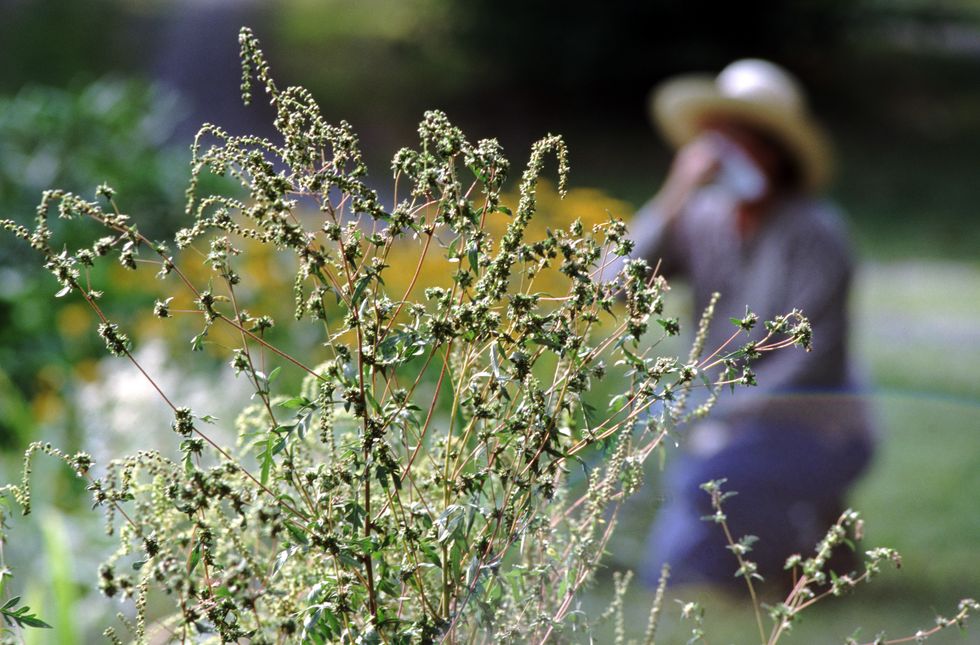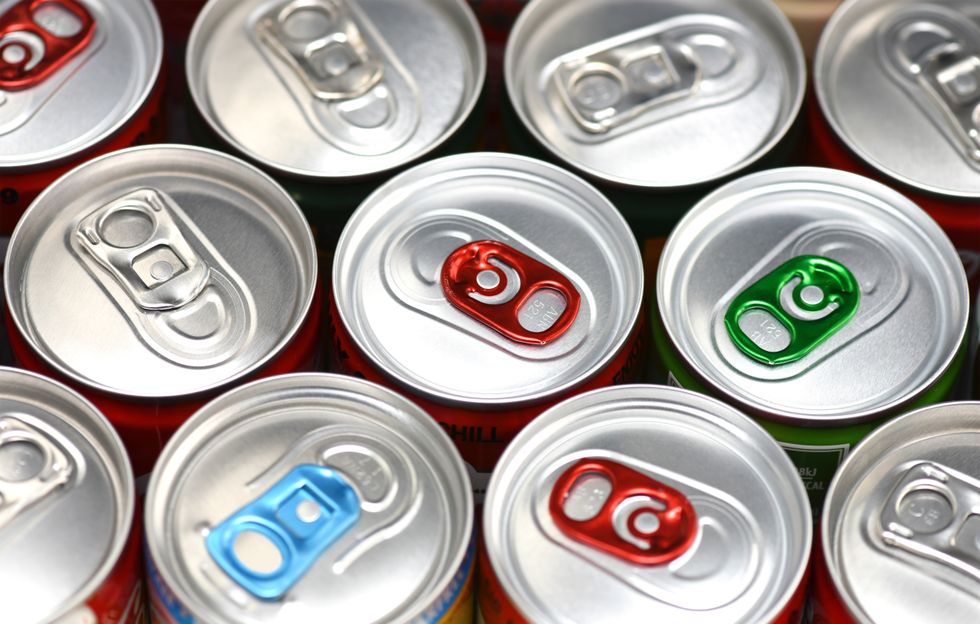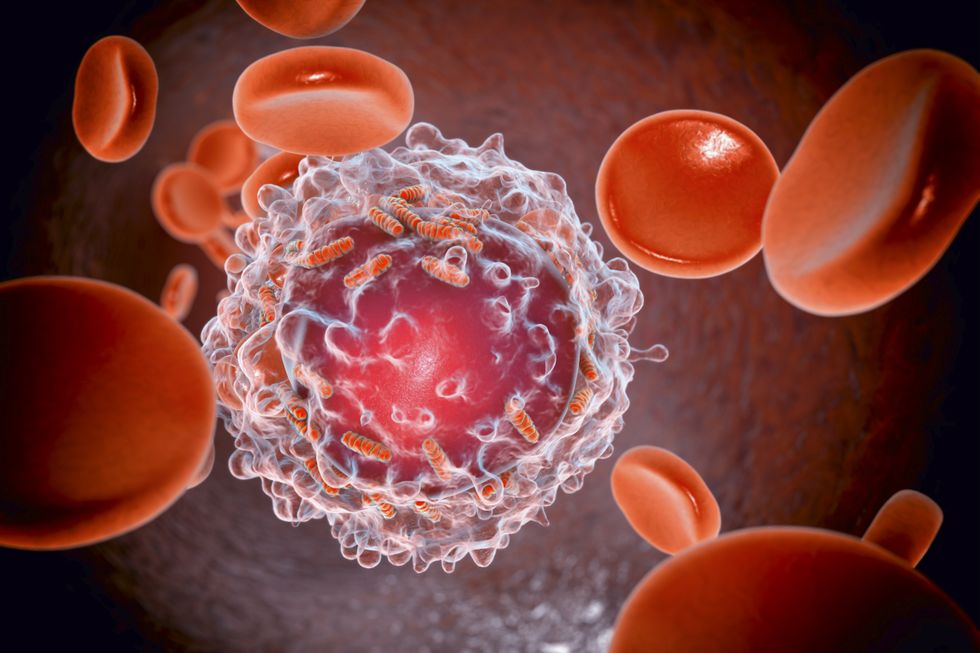Health
Met Office issues rare red warning for hayfever sufferers as pollen count will be ‘very high’

Health
Scientists hail ‘revolutionary’ drug shown to slash bad cholesterol by 69% in a single dose
Health
Britain’s healthiest city crowned – as popular tourist seaside destination nabs third place
Health
Common ingredient found in energy drinks might ‘fuel’ cancer cells in those with existing condition
-

 Gym & Fitness4 weeks ago
Gym & Fitness4 weeks ago9 Exercises To Grow Arms at Home | Increase Arm Strength Without Equipment
-

 Gym & Fitness6 days ago
Gym & Fitness6 days agoGood Morning America Full Broadcast — Monday, May 19, 2025
-

 Gym & Fitness2 weeks ago
Gym & Fitness2 weeks agoBECOME TALLER & GET SLIMMER /11 MIN FULL BODY EXERCISES ROUTINES TO GROW TALLER AT HOME_ Shrilyn
-

 Entertainment1 month ago
Entertainment1 month agoKim Zolciak & Kroy Biermann, Timeline of Their Relationship Drama
-

 Gym & Fitness4 weeks ago
Gym & Fitness4 weeks agoThe Worst Mistake for a Flat Stomach
-

 Gym & Fitness2 weeks ago
Gym & Fitness2 weeks ago15-minute arm workout with dumbbells for biceps and triceps
-

 Entertainment2 weeks ago
Entertainment2 weeks agoThe Weeknd And Jenna Ortega Star In A Dull Film
-

 Entertainment1 month ago
Entertainment1 month agoKody Brown Kinda Regrets Telling Ex-Wives He Never Loved Them






















